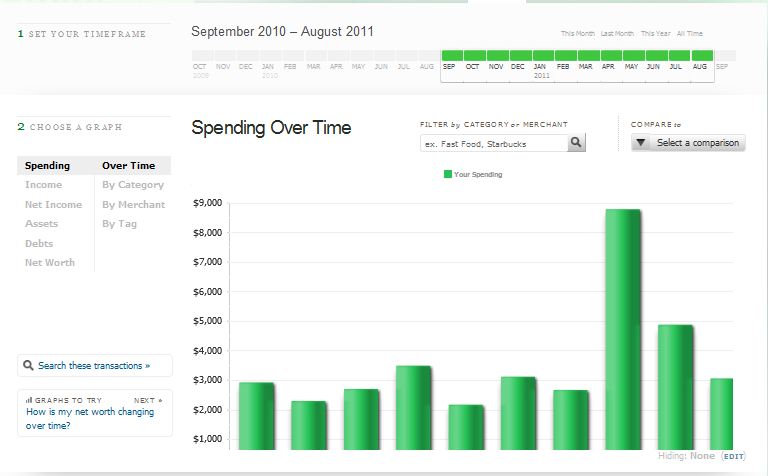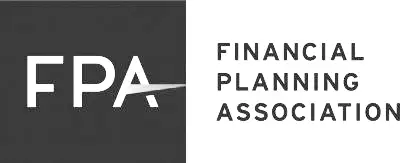 So you’ve started tracking your budget, congratulations! But now, you may be second-guessing a few of your category choices, or find yourself going over-budget each month. We’ve compiled a few ideas to try to help you get back on track.
So you’ve started tracking your budget, congratulations! But now, you may be second-guessing a few of your category choices, or find yourself going over-budget each month. We’ve compiled a few ideas to try to help you get back on track.
Here are a few of our favorite “I’ve started budgeting, but now what?” tips:
- Budgeting software often has trouble correctly categorizing a few expenses, specifically towards the beginning of use. Take a quick look at your transactions and identify and correct those that are mislabeled. If you are using Mint.com or an online version of Quicken, be sure to take advantage of their easy to read ‘trend’ or reporting sections. You can see where you’ve spent money over specific categories in charts that allow you to drill down to the transaction level, helping to spot inaccuracies. If you are not using budgeting software, compiling data from your receipts and statements will be a good way to get started. Remember, you are trying to identify where your spending money and look for ways to reduce spending, if necessary.
- Revisit the items you have budgeted. Now that you have been tracking for a few months or longer, are your budgeted items realistic? Maybe some adjustments need to be made to common expenses like household utilities, food and dining, transportation costs (including gas and regular maintenance), and discretionary (misc. spending).
- It is common for your expenses to fluctuate over time and for some expenses to occur only during parts of the year. Some items, like car insurance, homeowner association dues, and professional fees may be paid quarterly or semi-annually, so be sure to include those expenses in your budget now.
- If you are spending more than your budgeted amount on a regular basis, take some time to plan out ways to reduce your spending. Little things like taking your lunch to work once or twice a week, making coffee at home, or planning errands around one trip can all add up over time.
- Have you had any lifestyle changes that should be reflected in your budget? A home purchase, renovation or new child can increase (or decrease) spending and should be accounted for. Adding new expenses to your budget while taking time to review your overall spending picture can help set you back on track.
For our current clients, we are available to help answer questions that you may have about Mint and Quicken. We may also be able to assist you in starting the expense tracking process from the very start. Please contact Heather Gudac at hgudac@financialsymmetry.com if you are interested to learn more information.





